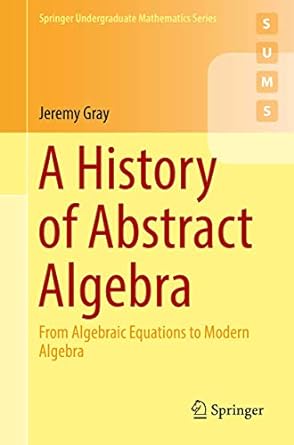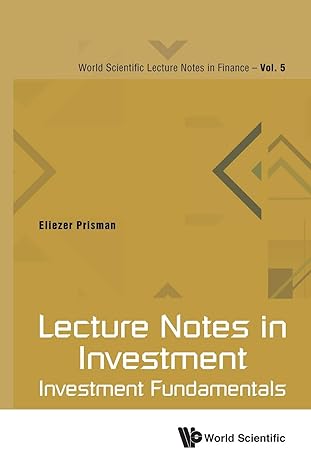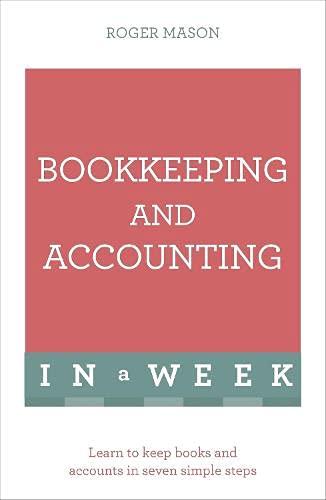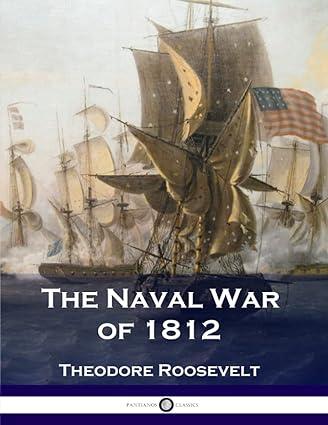Go back


A History Of Abstract Algebra From Algebraic Equations To Modern Algebra(1st Edition)
Authors:
Jeremy Gray

Cover Type:Hardcover
Condition:Used
In Stock
Include with your book
Free shipping: April 03, 2024Popular items with books
Access to 3 Million+ solutions
Free ✝
Ask 10 Questions from expert
200,000+ Expert answers
✝ 7 days-trial
Total Price:
$0
List Price: $35.99
Savings: $35.99(100%)
Book details
ISBN: 3319947729, 978-3319947723
Book publisher: Springer
Get your hands on the best-selling book A History Of Abstract Algebra From Algebraic Equations To Modern Algebra 1st Edition for free. Feed your curiosity and let your imagination soar with the best stories coming out to you without hefty price tags. Browse SolutionInn to discover a treasure trove of fiction and non-fiction books where every page leads the reader to an undiscovered world. Start your literary adventure right away and also enjoy free shipping of these complimentary books to your door.
A History Of Abstract Algebra From Algebraic Equations To Modern Algebra 1st Edition Summary: This textbook provides an accessible account of the history of abstract algebra, tracing a range of topics in modern algebra and number theory back to their modest presence in the seventeenth and eighteenth centuries, and exploring the impact of ideas on the development of the subject. Beginning with Gauss’s theory of numbers and Galois’s ideas, the book progresses to Dedekind and Kronecker, Jordan and Klein, Steinitz, Hilbert, and Emmy Noether. Approaching mathematical topics from a historical perspective, the author explores quadratic forms, quadratic reciprocity, Fermat’s Last Theorem, cyclotomy, quintic equations, Galois theory, commutative rings, abstract fields, ideal theory, invariant theory, and group theory. Readers will learn what Galois accomplished, how difficult the proofs of his theorems were, and how important Camille Jordan and Felix Klein were in the eventual acceptance of Galois’s approach to the solution of equations. The book also describes the relationship between Kummer’s ideal numbers and Dedekind’s ideals, and discusses why Dedekind felt his solution to the divisor problem was better than Kummer’s. Designed for a course in the history of modern algebra, this book is aimed at undergraduate students with an introductory background in algebra but will also appeal to researchers with a general interest in the topic. With exercises at the end of each chapter and appendices providing material difficult to find elsewhere, this book is self-contained and therefore suitable for self-study.
Customers also bought these books
Frequently Bought Together
Top Reviews for Books
Kevin Ellis
( 5 )
"Delivery was considerably fast, and the book I received was in a good condition."










